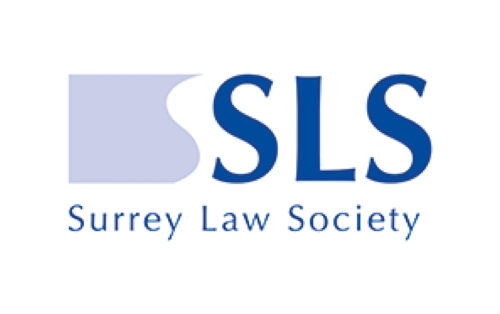Leasehold Enfranchisement
Extending the lease of a flat
If the lease on your flat is under 90 years, extending the term will help protect the long term value of your asset.
Under the Leasehold Reform, Housing and Urban Development Act 1993, most leaseholders who have owned their flats for more than two years have the right to require their landlord grant them a new lease of their flat.
Extending the lease of a flat under the Leasehold Reform legislation is a specialist discipline which requires expert knowledge and experience. Without it, the leaseholder’s claim could be withdrawn, or the landlord could lose the right to request a higher premium.
Our team of Leasehold Enfranchisement solicitors are experts at guiding our clients through the process, from advising on suitable valuation surveyor and serving the notice through to our specialist advocates representing our clients at the First-Tier Tribunal and the County Court.
Below we have set out some brief guidance on your rights as a leaseholder and also on the process of extending the lease on your flat.
Extending the Lease of a Flat
If the lease of a flat has less than 90 years left to run then the leaseholder will need to consider extending it for two reasons:
- The cost of extending the lease of a flat is significantly more if there are less than 80 years left to run
- Most mortgage companies will not lend on a flat where the lease has less than 80 years left to run, making the flat more difficult to sell or re-mortgage
The Right to a New Lease
The new lease will be on broadly the same terms as the current lease, except:
- length of the lease will be extended to the remainder of the existing term, plus an additional 90 years
- The ground rent will be reduced to nil (called a “peppercorn rent”)
In exchange for the new lease, the leaseholder must pay the landlord a “premium” which is calculated according to a formula. The formula takes into account:
- The value of the ground rent that would have been paid during the remainder of the term of the existing lease
- The decrease in value of the landlord’s interest in the flat that granting the new lease will have
- The increase in the value of the flat following the completion of a new lease (sometimes called “marriage value”)
Whilst there are online calculators that can provide an indication of the likely premium, we always recommend that independent valuation advice is sought from a suitably qualified and experienced valuation surveyor.
The Process of Extending the Lease of a Flat
To extend the lease of a flat, the leaseholder will serve a Notice of Claim setting out their claim to a new lease, and the premium that the tenant proposes to pay. Once the Notice is served, the landlord has the right to ask the leaseholder to pay a deposit of 10% of the premium proposed by the leaseholder.
The landlord will also have two months to serve a Reversioner’s Counter-Notice, stating whether they accept that the leaseholder has a right to a new lease and, if so, which of the leaseholder’s proposals they accept and do not accept, with any counter-proposals.
The landlord will not usually accept the premium proposed and will instead make a higher counteroffer for the premium they require. The landlord's and leaseholder’s valuation surveyors will then try to agree the premium if possible. If the premium is not agreed within two months of the date on which the Reversioner’s Counter-Notice if served, then either party may apply to the Property Chamber of the First-tier Tribunal and they will determine the amount of the premium, as well as any terms of the new lease that remain in dispute.
Once the premium and the terms of the new lease have been agreed (or determined by the First-Tier Tribunal), the landlord and the tenant have two months to complete the new lease. If the new lease has not been completed, then either the landlord of the leaseholder may apply to the County Court for an order requiring the lease to be completed.
Other Options
If you are one of a number of leaseholders in a block of you flats, you may also be interested to read our pages on buying the freehold of a block of flats "The Right of First Refusal" and the Right to Manage or Collective Enfranchisement.














